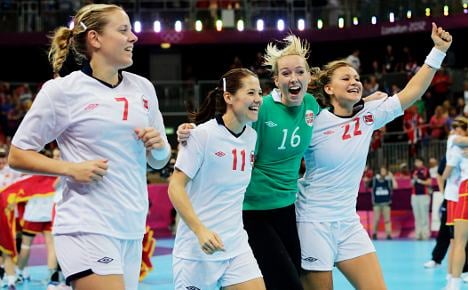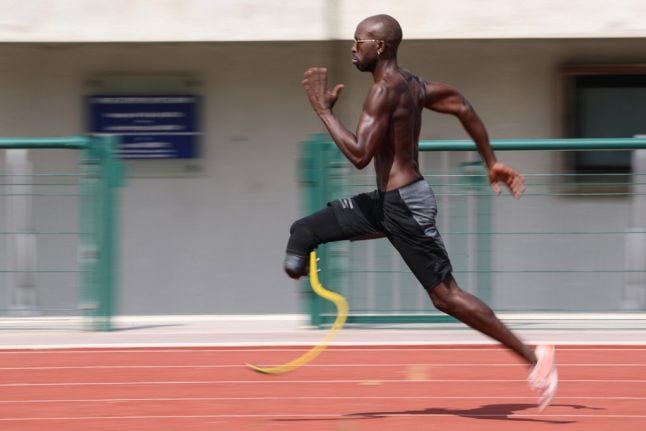With two golds, one silver and one bronze, the Norwegian team failed to meet the goal of five to seven medals set by Olympiatoppen chief Jarle Aambø.
Not since Atlanta in 1996 has Norway left the Olympics with just two gold medals, and in terms of the total medal haul the Games turned out to be Norwayleast successful since Los Angeles in 1984.
For a number of the country’s main medal hopes, the London dream ended in despair.
After battling with injuries all season, javelin legend Andreas Thorkildsen failed in his bid for a third straight Olympic gold medal, instead having to content himself with sixth place.
Another strong medal candidate, skeet shooter Tore Brovold, had sought to improve on his silver medal from Beijing four years ago. But it wasn’t to be for the shooting veteran, who exited the competition at the qualification stage.
A string of other competitors also failed to live up to expectations.
Cross-country cyclist Gunn-Rita Dahle Flesjå abandoned her race after suffering a crash and a puncture; the much-fancied rowers faltered in the semi-finals, while Star sailors Eivind Melleby and Petter Mørland Pedersen swallowed the bitter pill of a fourth-place finish.
It wasn’t all bad news for Team Norway, however, with Alexander Kristoff taking a surprise bronze medal in the men’s cycling road race on the opening day of competition.
Then came one of the country’s most sensational medals of all time, when unknown fencer Bartosz Piasecki thrust his way to silver in the épée event.
Armchair sports fans had to wait another week for the next medal, but when it arrived it was of the gold variety. Ending his career on a supreme high, Eirik Verås Larsen paddled into the history books in the canoe sprint, repeating a feat he also achieved in Athens eight years earlier. The 36-year-old kayaker also has a bronze medal from Athens and a silver medal from Beijing.
Then came Saturday night’s drama, as the women’s handball team defeated Montenegro 26-23 to seal a second consecutive gold medal and send the country into much-needed raptures.





 Please whitelist us to continue reading.
Please whitelist us to continue reading.
Member comments